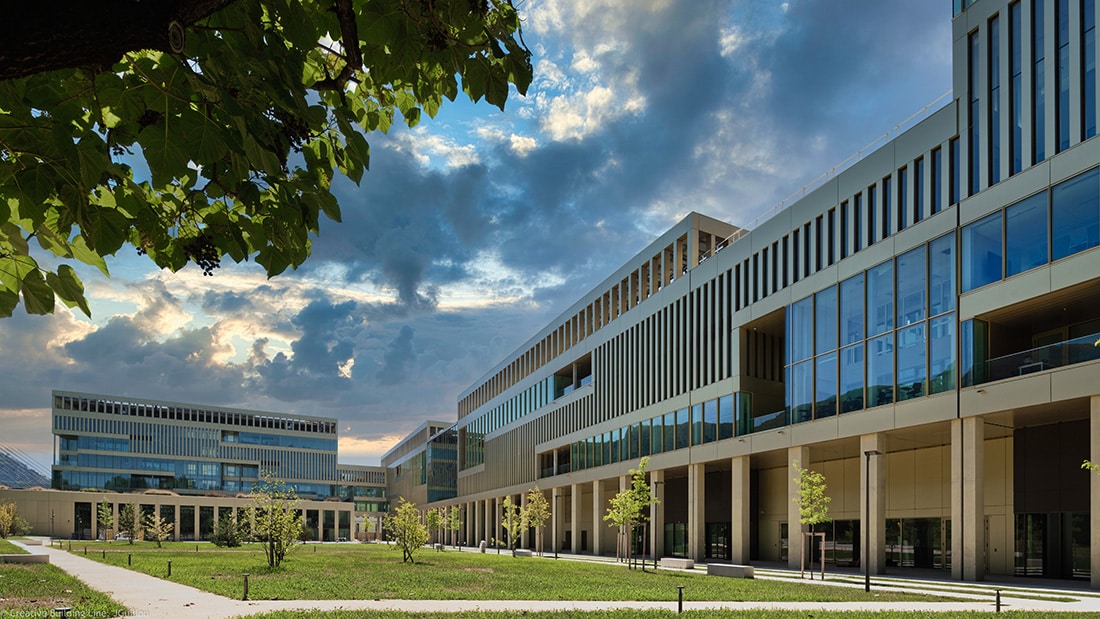
Intencity – Ultra low energy office building
Intencity, the building housing the Schneider Electric research and development campus, is one of the most efficient office buildings in the world …

To carry out housing renovations to achieve the performance of a positive energy building, with a guarantee over time and without subsidies, thanks to the industrialization of the process.
While the residential building sector is one of the main sources of GHG emissions in France (largely due to the energy consumption of this sector), the emissions in France (largely due to the sector’s energy consumption), the public authorities are pursuing ambitious objectives for the energy renovation of buildings. However, the market for the energy renovation is struggling to scale up.
Faced with the same situation, the Netherlands has implemented since 2012 a comprehensive and innovative approach called EnergieSprong (“energy leap” in Dutch), which has proven its worth and has created a new dynamic on the subject. The ambition of EnergieSprong is to deploy on a large-scale energy renovation by democratizing access to as many people as possible, starting with social housing, and then benefiting other markets: educational buildings, private housing…
BY SPRONG (Bouygues Construction’s response to the EnergieSprong challenge) develops and aggregates the best technical and economic solutions for massifying the energy renovation of housing in order to meet the twofold imperative of guaranteed sustainable energy performance and lower costs expected by the market.
An initial BYSprong pilot project has been carried out. It covers the design, construction, operation and maintenance phases for the rehabilitation of 12 houses on an occupied site. This is a zero-energy renovation pilot project that will make social housing from the 1960s energy self-sufficient. At the end of the work carried out by Bouygues Bâtiment Grand Ouest, the 12 houses will achieve zero energy for all uses, with a 30-year performance guarantee via a global performance contract.
The EnergieSprong approach on which the project is based consists in a demanding set of specifications with four key components:
The project timeframe is as follows: 4 months for design, 6 months for construction and 30 years for maintenance.
on which the project has a significant impact
Avoided emissions: Thermal insulation of the housing reducing the consumption of heating energy, and supply of renewable energy for the residual consumption via the installation of photovoltaic panels.
E=0 over the guaranteed period (30 years). The energy consumption is equivalent to the energy produced by the photovoltaic panels. The avoided CO2 emissions correspond to the CO2 emissions related to the energy not consumed for heating. The reference scenario is the consumption of the buildings before renovation. The residual emissions (4.8kgCO2e/m²) are related to the emission factor of the solar energy (manufacturing of the PV panels).
350k€
2019
Longueau, Picardie
The BY SPRONG project contributes to the following SDGs:
To reproduce this project in different French regions, it is necessary to standardize the calls for tender and to massify the consultations to benefit from the leverage effect of industrialization.
It will also be necessary to manage the impact of additional work specific to each project (e.g. asbestos).
To fuel and perpetuate the mass renovation process, all the players (designers and users) must make a long-term commitment to this new situation in order to benefit fully from the potential of the EnergieSprong approach on which Bouygues Construction is based.
At Bouygues Construction, many other BYSPRONG projects are already underway or being studied.
Within the framework of the BYSPRONG project, two partnerships have been entered into with:
m.hugonnet@bouygues-construction.com c.denaquard@bouygues-construction.com

Intencity, the building housing the Schneider Electric research and development campus, is one of the most efficient office buildings in the world …
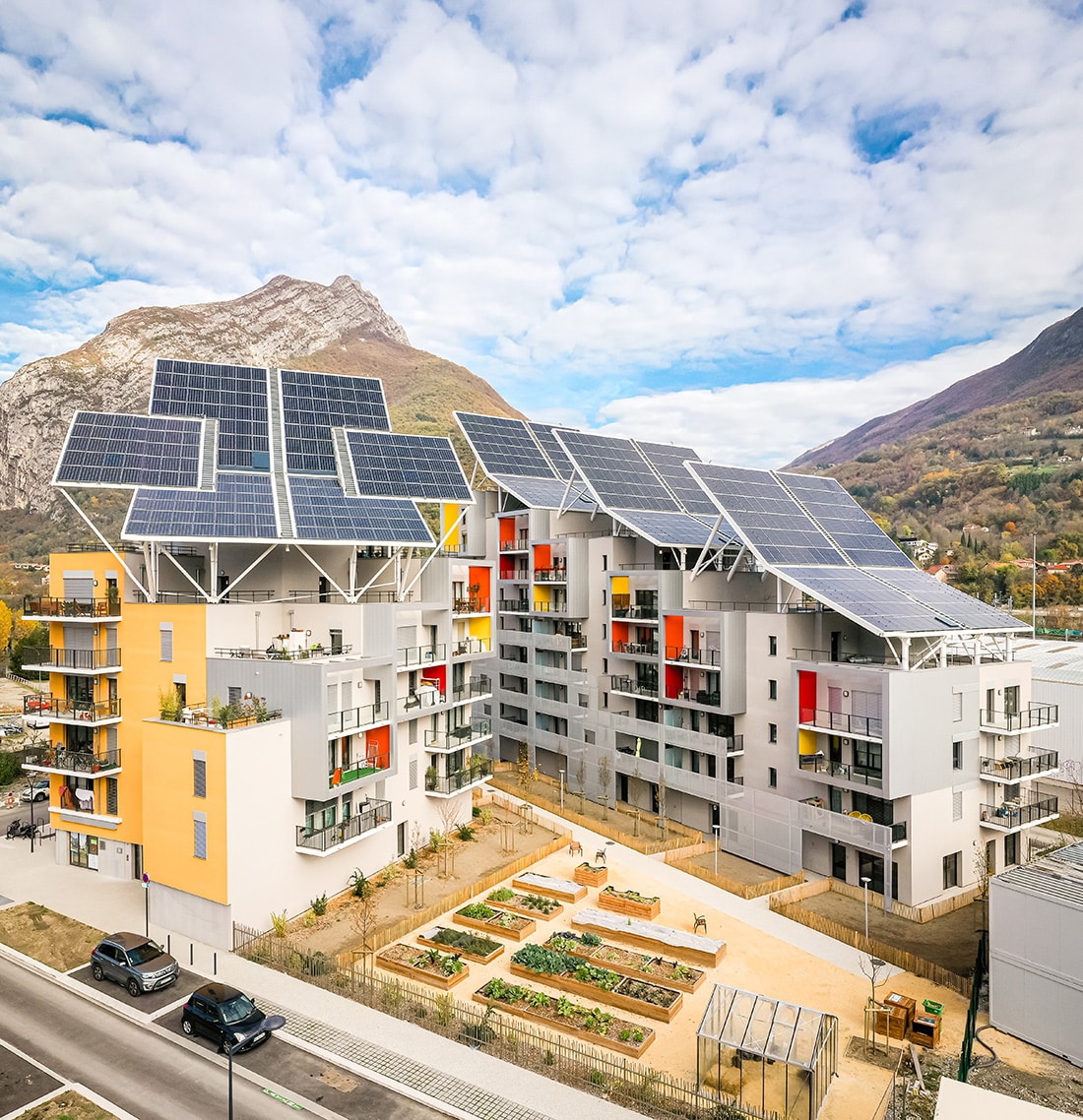
Designed by Bouygues Construction’s R&D teams with the architectural office Valode & Pistre, ABC (Autonomous Building for Citizens) is the first autonomous building concept in France…
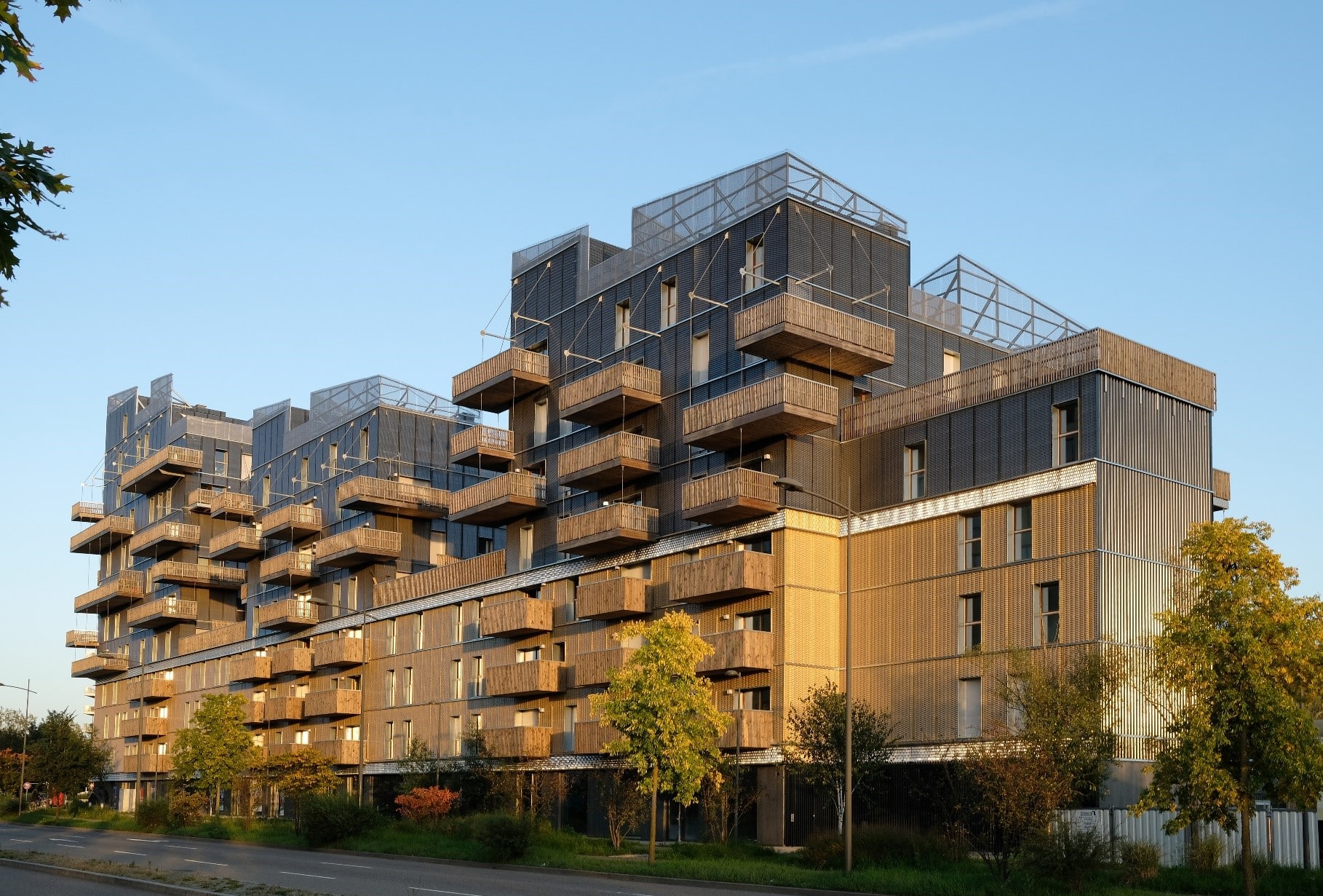
With a level of wood construction never seen before in France, Bouygues Immobilier’s SENSATIONS construction program stands out for its ability to meet…
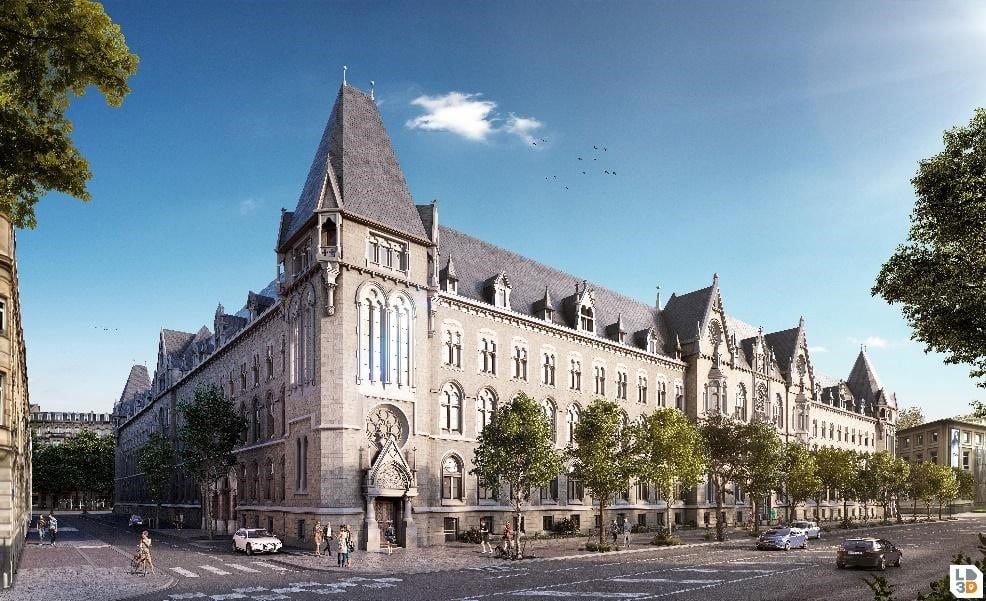
The project consists of the massive rehabilitation of the Hôtel des Postes in Strasbourg to significantly reduce the building’s carbon footprint. Reducing the carbon footprint of the construction of a former…
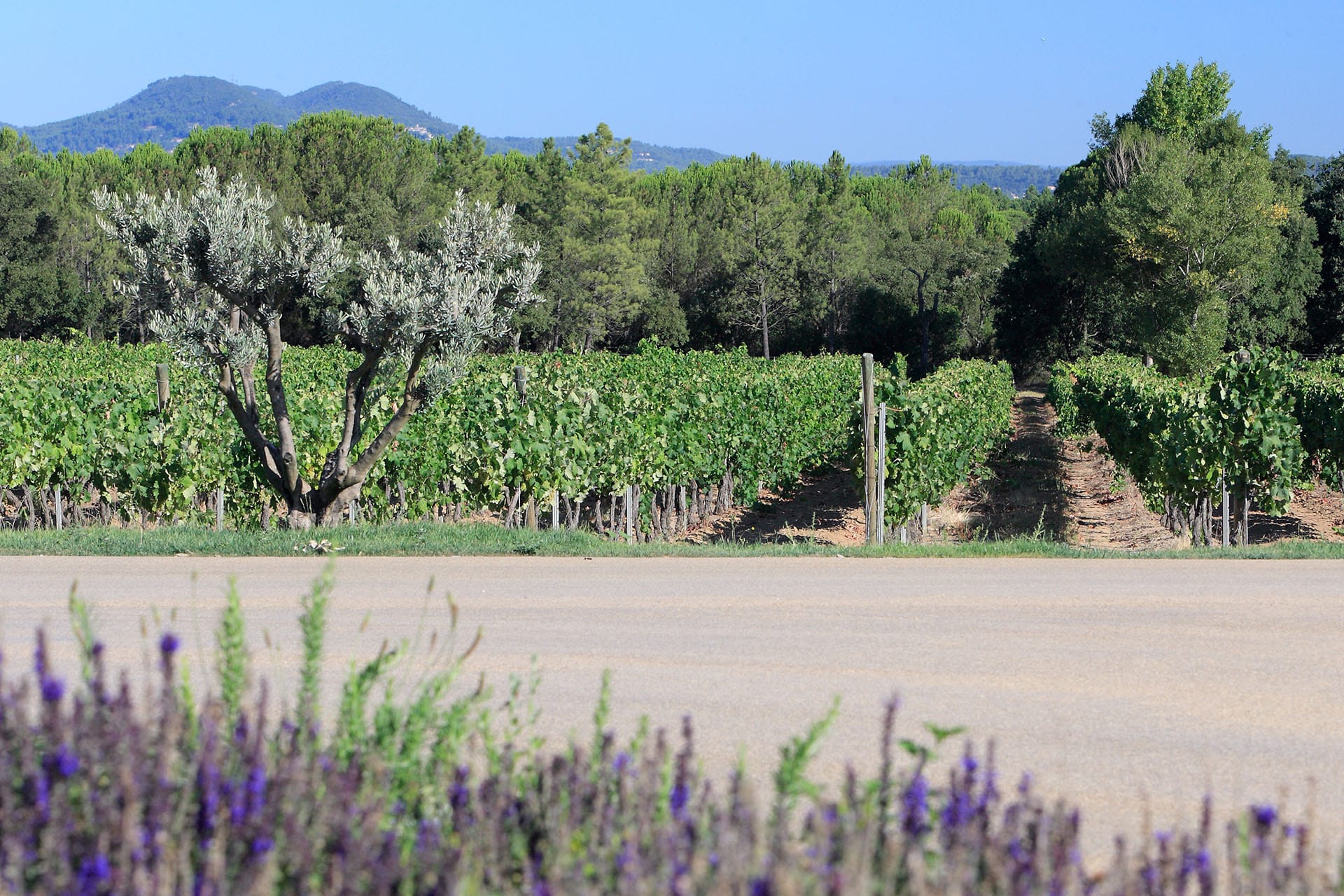
The long-term goal of the present project is to replace petroleum-based bitumen (the binder used in asphalt mixes for roadways) with a plant-based binder.
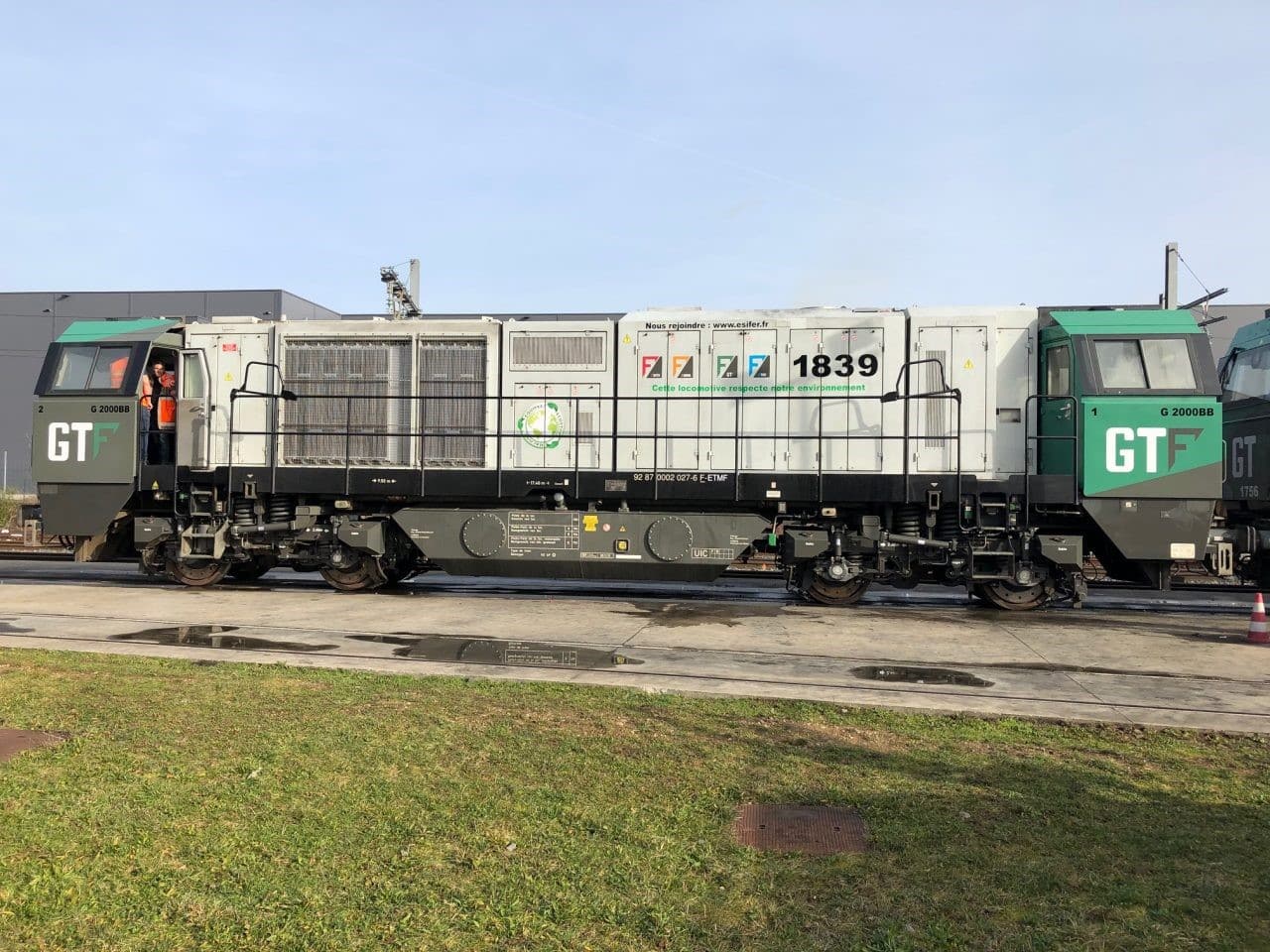
The “EcoStop” Start n Stop system designed by Colas Rail, a subsidiary of the Bouygues Group, stops the main diesel engine when the trains are parked or waiting, while maintaining comfort in the…